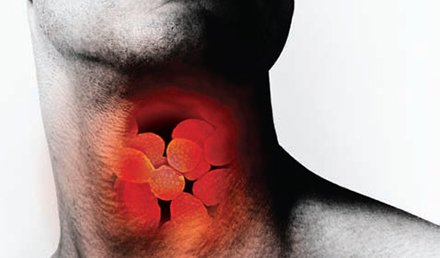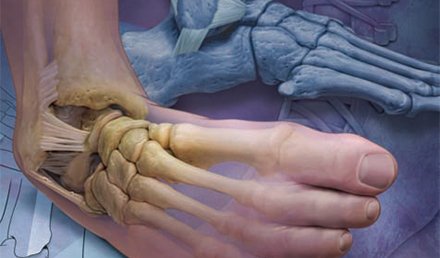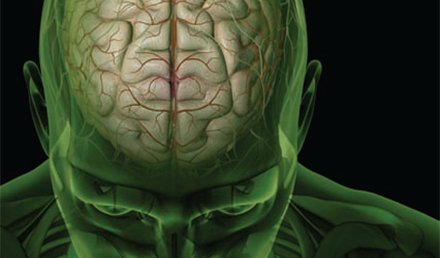Urgent message: Sore throat is a complaint commonly encountered in urgent care. Proper evaluation and understanding and use of appropriate antibiotics will foster better patient care and understanding while limiting antibiotic resistance. William Gluckman, DO, MBA, FACEP and Jessica Kay, PharmD Pharyngitis refers to the inflammation or irritation of the pharynx, including the tonsils, and can have many etiologies, including a variety of infections, cancer, allergic reactions, gastroesophageal reflux, or toxic inhalations and ingestions. This …
Read More









